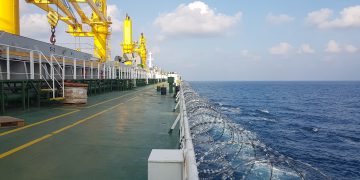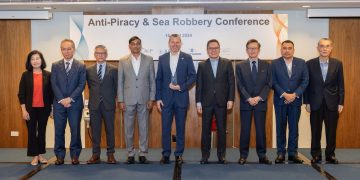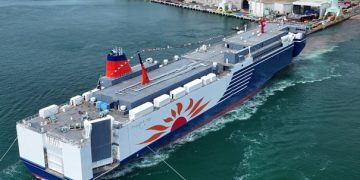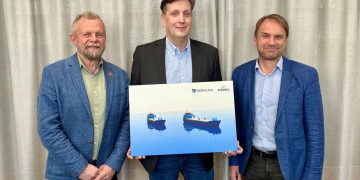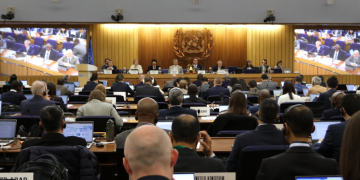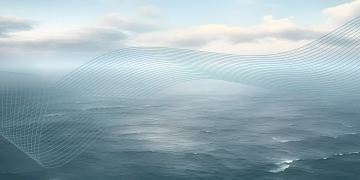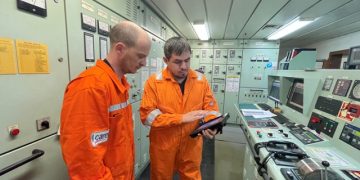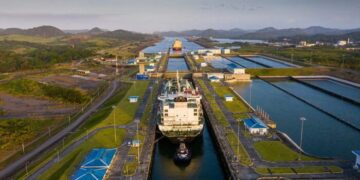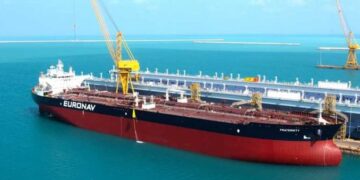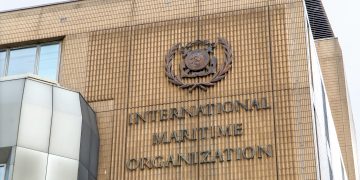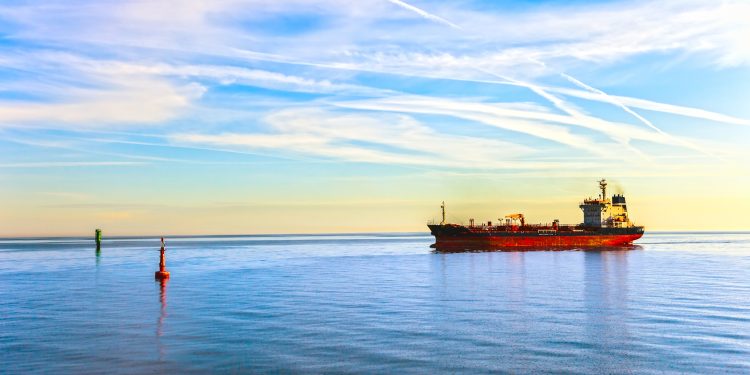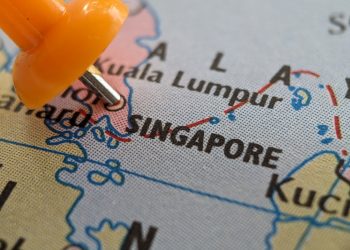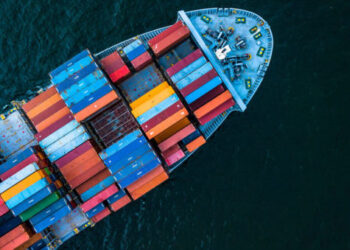The Global Maritime Forum published a paper considering emerging approaches to defining, initiating, and governing Maritime Green Corridors, and puts forward recommendations in each area.
Maritime Green Corridors have swiftly become recognized as one of the most important tools to aid industry and governments in the decarbonization of the maritime sector.
Building on the initial conceptualization put forward in The Next Wave and the signatories of the Clydebank Declaration, as well as responding to multiple requests from industry and governments taking an interest in the concept, the paper aims to reinforce the most effective and impactful approaches while acknowledging the need for flexibility.
#1 Definitions
- Definitions of “Green”
– Emission-centric: The former approach, advanced in some part by the United States Green Corridor Fact Sheet as well as in the preliminary communications from the collaboration between the Port of Los Angeles and the Port of Shanghai, emphasises the potential to reduce emissions on given routes.
– Technology-centric: The latter approach, emphasizing the demonstration and deployment of zero-emission technologies has been more common. - Definitions of “Corridor”
– Port-centric: The corridors initiated by collaborating ports.
– Route-centric: Here the focus will be on making the economics of fuel supply and chartering arrangements work for a number of voyages.
– Pilot/demonstration project-centric: One approach to a Green Corridor is to emphasise direct investment in end-to-end pilots/ scalable demonstration projects.
– Programmatic/Niche market: A contrasting approach is to focus the corridor on developing the conditions for multiple actions, pilots, and demonstrations, and eventually, to enable full-scale commercial operations.
#2 Initiating actions
A number of types of evaluation/assessment may be useful in identifying opportunities and prioritizing some routes over others:
- Port readiness assessments: Both the IAPH and the US government (within the ZeroEmission Shipping Mission) have advanced the notion of ‘port readiness’ assessments as an input to determining which Green Corridors might be feasible. These may assess operational readiness (IAPH) related to issues such as safe handling of new fuels, or they may attempt to determine the potential to develop suitable bunkering infrastructure based on potential for energy supplies, available land or infrastructure that can be repurposed (US/ZESM suggestion).
- Whole system (modelled clusters): UMAS on behalf of the Getting to Zero Coalition has developed an approach to modelling fuel demand clusters that can support prioritization of Corridors, essentially identifying which sets of existing voyages could be efficiently served by bunkering of new fuels. This analysis also incorporates a high-level assessment of potential fuel supply based on renewable energy resources.
- Whole system (multi-criteria): The Getting to Zero report The Next Wave put forward an approach to evaluating corridors that assesses feasibility and impact through quantitative (emissions reduced, volume of trade, impact on cost of traded goods) and qualitative criteria (stakeholder readiness, policy environment).
- Industry/third sector leadership: There is potential for the sector to convene itself. While early government involvement will probably be necessary in order to resolve policy issues, attractive Corridors could be initiated by industry activity. The Southeast Asia regional container trade, explored in the LR Decarbonisation Hub’s First Mover Framework, could be an example where industry leadership may be essential to capture a relatively attractive opportunity.
- Project implementation: For Corridors where participation is based on formal partnership, and where governance structures such as a project consortium is in place, the partners may be able to adopt a joint implementation plan that establishes specific tasks, milestones and targets for which specific partners will be accountable.
#3 Governance
- Project governance: One possibility is that partnerships will evolve into projects, with project governance models involving steering committees, mutually committed resources, shared targets/timelines/ metrics etc. Given the large number of partners likely needed to deliver an impactful corridor, a single project may be difficult to scale to the challenge. Spin-off project consortia focused on specific problems may be necessary to manage complexity, effectively turning the project model into a programme linking multiple projects.
- Programme governance: Another possibility, perhaps mostly likely to be relevant where governments are in the lead, is the creation of a ‘programme’ of activities, where overall targets/timelines/metrics are set and managed by e.g. a government agency or agencies, while other stakeholders can apply to participate via specific projects. These corridors could be managed in similar way to national innovation programmes, with some government resourcing, matching/funds from industry, multi-stakeholder advisory boards, and the like.
- Informal governance: A third possibility is that Corridors not be ‘managed’ at all, but be allowed to emerge informally, with different stakeholders signalling interest through targeted ventures, policies, and initiatives, and coordination taking place through markets and via informal public-private dialogue. This approach may be the “default” approach but may prove slow and dogged by uncertainty. Where the strong institutional leadership from a public or private body is not forthcoming, there may be a need for coordinating initiatives from e.g. third sector actors to ensure that expectations remain aligned, ambitions remain high and information is effectively shared.




